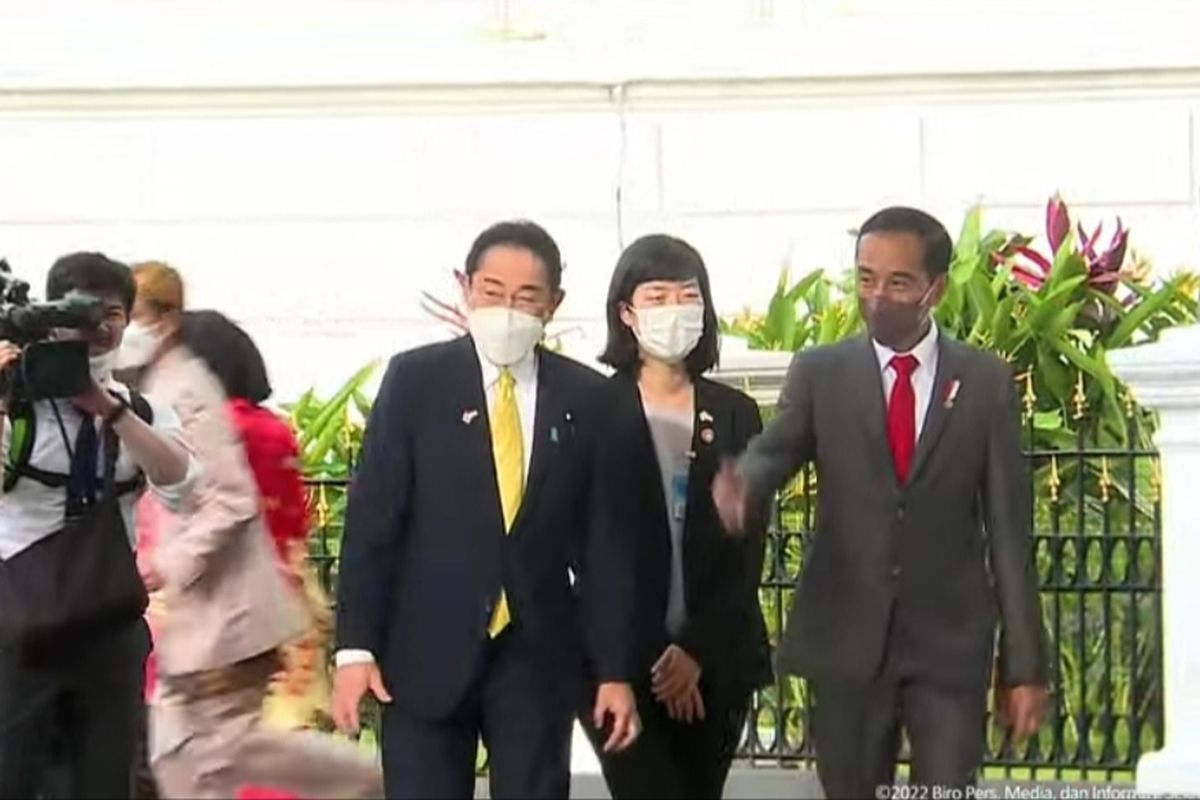
After meeting with Vietnamese Prime Minister Pham Minh Chinh in Hanoi on May 1, Kishida told reporters that he and Chinh “agreed to strongly oppose any attempts to change the status quo by force in the South China Sea.”
The premiers also agreed to enhance cooperation on Vietnam’s maritime security and on Japan’s Self-Defense Forces helping the country to strengthen its cybersecurity skills, according to Japan’s Kyodo news service.
Tsai, the Tamkang University professor, said Japan has been helping Vietnam to build its military capacity for many years to counter China’s maritime threats. Most recently, two training ships from Japan’s Maritime Self-Defense Force conducted a three-day visit to Vietnam’s Tien Sa port in February.
Also read: What Fumio Kishida’s Premiership Means for Japan
Kishida also announced a new defense agreement with Thailand on the last day of his Southeast Asia tour before continuing to Europe for stops in Italy and Britain. The agreement would facilitate the transfer of Japanese defense hardware and technology to Thailand. Japan already has such deals with other ASEAN members, including the Philippines, Vietnam, Malaysia, and Indonesia.
While welcoming such aid, some ASEAN countries may want to keep a distance from Japan because of its close strategic alliance with the United States, said Huang, the National Taiwan Normal University professor.
He said countries in the region are eager to maintain and increase their economic cooperation with both the US and China, even as the rivalry between the two superpowers intensifies.
“If ASEAN countries fail to maintain a consistent position, resulting in the polarization of the political spectrum, the result of the imbalance will inevitably make ASEAN countries lose their flexibility towards both the US and China,” Huang said.
Koga said that while most ASEAN countries tend not to align with either the US or China, some of them have a clear preference between the two, and there is a desire to test the waters of the US commitment towards its regional allies.
“Countries such as the Philippines, Singapore, Vietnam, and Indonesia that have a high level of regional security and economic commitment from the US will have policies that lean toward the United States,” Koga said. “And conversely, countries such as Laos and Cambodia that have no commitment with the US will have lower expectations of the US.”
Still, other ASEAN countries may have closer ties to Japan, he said. These countries, such as Cambodia, are where Japan can function as an effective middleman, deepening its cooperation with that country to keep China in check and strengthen its strategic security deployment across the Indo-Pacific.
Simak breaking news dan berita pilihan kami langsung di ponselmu. Pilih saluran andalanmu akses berita Kompas.com WhatsApp Channel : https://www.whatsapp.com/channel/0029VaFPbedBPzjZrk13HO3D. Pastikan kamu sudah install aplikasi WhatsApp ya.































